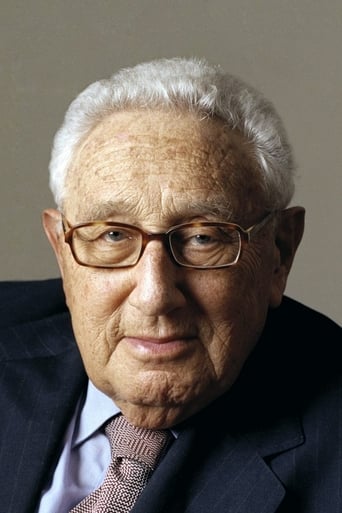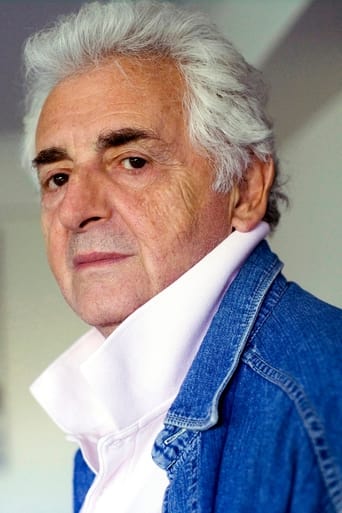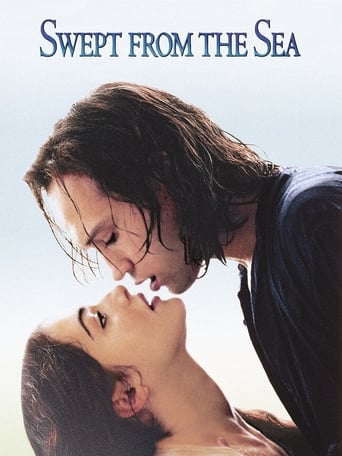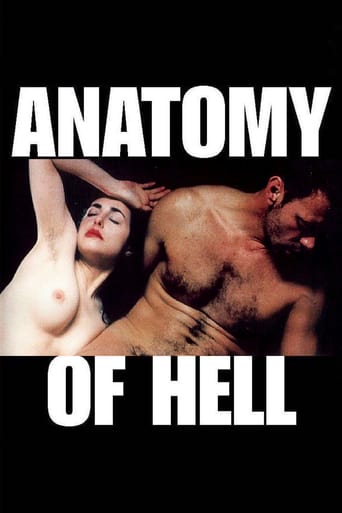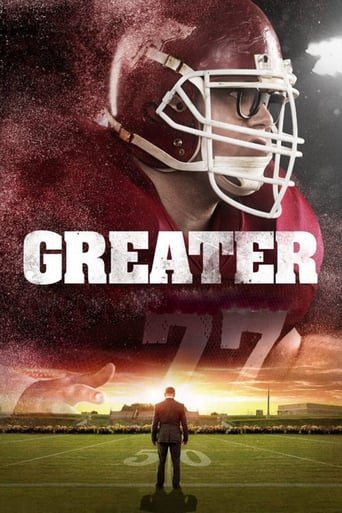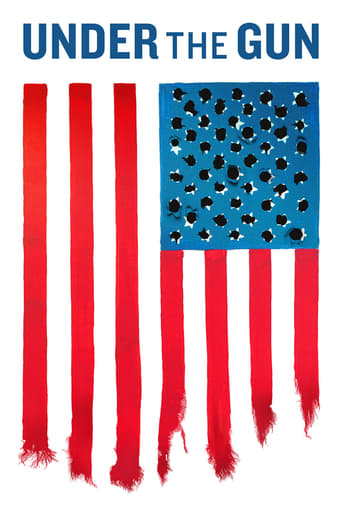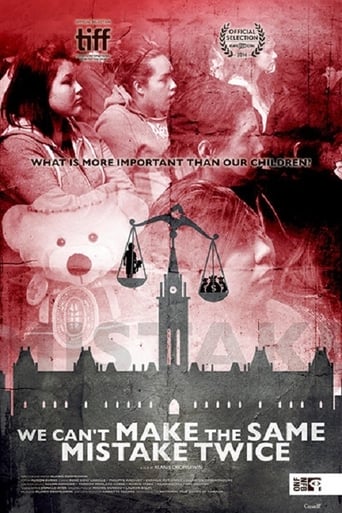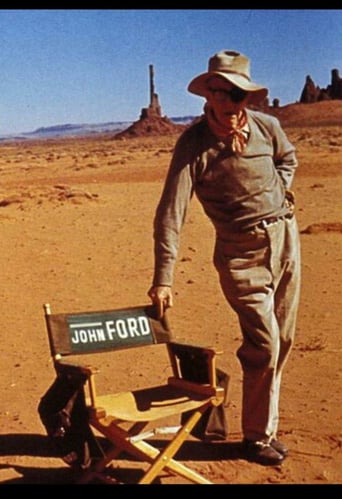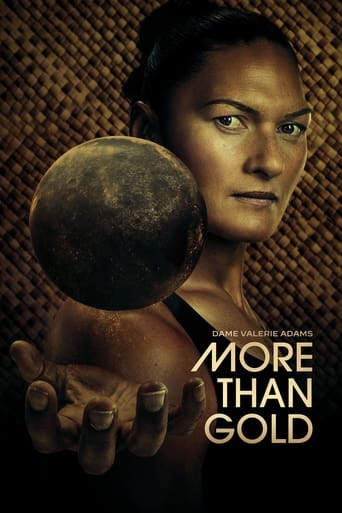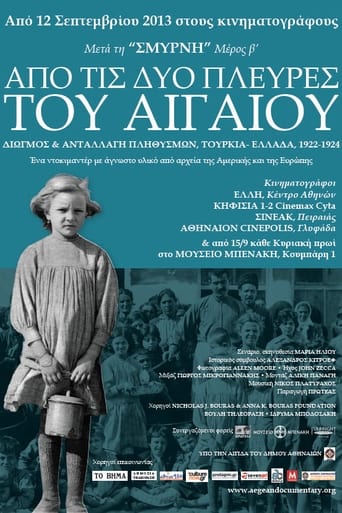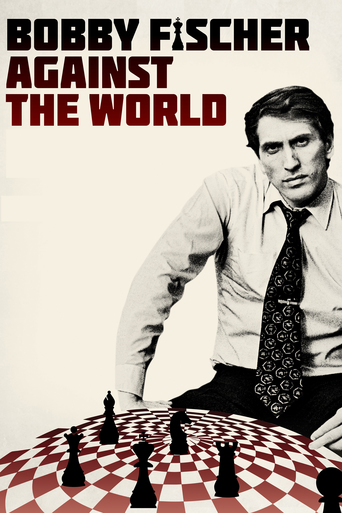
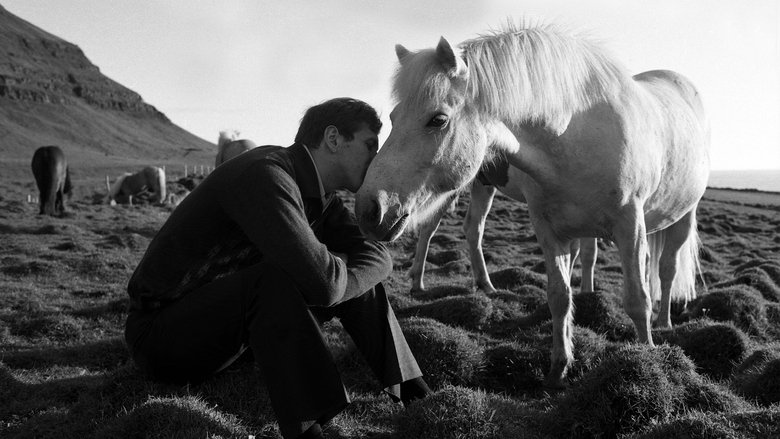
Bobby Fischer Against the World (2011)
The first documentary feature to explore the tragic and bizarre life of the late chess master Bobby Fischer.
Watch Trailer
Cast


Similar titles
Reviews
Waste of time
Load of rubbish!!
Wow! What a bizarre film! Unfortunately the few funny moments there were were quite overshadowed by it's completely weird and random vibe throughout.
Worth seeing just to witness how winsome it is.
Great documentary on a tortured genius.The story of Bobby Fischer, arguably the greatest chess player who ever lived. Examines his growing up, his emergence as chess genius at a very young age, his ascendancy to being World Chess Champion (at the age of 29), he's decline, disappearance, re-emergence, becoming a fugitive from US justice and his later years. The highlight is the famous showdown against Boris Spassky for the World Championship, in Reykjavik in 1972. Demonstrates well his genius, neuroses and general personality.Also particularly interesting is that there are very good attempts to explain his personality problems and mental issues. Sadly, genius and insanity often go hand in hand...
This documentary follows the life of the chess player, Bobby Fischer. Bobby Fischer went through stress by the media, the fans, and the pressure to play Soviet World Champion Boris Spassky throughout his career. The political climate at the time was strongly looking into the game of chess to show the intelligent might in their nations. The Cold War feel to it put Bobby Fischer in a chilling stubborn mood. He has been known to forfeit when he refused to play the game in a dispute over playing condition, over paid or willing not to play. This match against Boris made him famous. The film gives much information about how the game was play and some history of the sport. There was a great insight into his training. He did a lot of strength training, flexibility and swimming for those events. The movie then shows his descent into monomaniacal. This win caused him to show erratic behavior and paranoia. The United States government made him into a weapon of their own propaganda for jingoism. He was fond to fear mongers messages against Soviets, Jewish and American capitalism. Before any more damaging his reputation; he retreated from public life. He didn't return to the public life until the end of the Cold War. The documentary notes his return to the world of chess might have been cause by a love affair; rather than him being a political activist. Bobby Fischer played chess in Yugoslavia at the time of an intended NATO invasion. Taking the prize money made him an enemy of the state in the United States. He continues to cause stirs with countries that safe harbor him like Iceland and the Philippines. He probably saw the world as a chess game where everybody out to get him. He grew more isolation and self-loathing. What I like about the documentary is to how it's shows both sides of the coin: his faults and highs. While some critics felt it was exploitative. I felt it not to be. One thing about the film is how much it borrows from another documentary film. In many ways, the film fells to give any more new information for the audience, if the viewer seen the other documentary first. Disagree in how Bobby Fischer wasn't able to cope in the spotlight. Fischer always wanted to be the center of media attention. Some of his views are out there. However at times when Fischer speaks, he talked as if he is a very tall man in a crowd. He can see over the others, far ahead into the distance where others only see the crowd. The film also explained that his mind can pretend movements and sets ahead of those of his opposites. There is some truth to his ranting. He did plenty to assassinate his own character by denouncing or disliking anyone who didn't agree with him. The Experts interviews gave the viewer's much information. None of the interviews seemed wasted. It has always great to see the noble game of chess and Bobby Fischer as a topic for a documentary. Very profound the doc is. Incredible use of documentary work and an incredible person Fischer was; who was buried by his own genius and madness.
Bobby Fischer Against the World is a documentary rigorously trying to wedge its way beneath the skin of the idea that chess and madness might be a little closer to one another than one would first think. The amusing reactions one hears of the Americans often having in understanding that a game of Cricket can last all day, for five days, and that draws are often the end result came to mind during the Bobby Fischer Against the World; Chess, it is revealed, being a game that, when the two best players in the world face off against one another for the world title, is played out across a good dozen-or-so matches of intense gamesmanship wherein which individual matches can only really be called off as a draw after something ridiculous like five hours - at least you're outdoors and you're moving about when you play Cricket. Chess is another animal; just the two people, at a table, at the forefront of a large hall engaged in a game of such emotional and cerebral manpower that it doesn't matter what the weather is, just make sure you guard that damn king piece. You don't have to be a little off-kilter to take it up as a profession nor indeed study it religiously as a nine year old boy, but it would seem that if you want your name echoed and remembered through its future echelons, it certainly helps.In a sense, I'm digressing; it is to director Liz Garbus' great credit that she explores the life of the titular American chess player Bobby Fischer and doesn't paint some sort of wacky image of him, nor indeed chess enthusiasts in general, as complete kooks enjoying the procession of remaining stationary for a good few hours a day over a period of a week moving small items around a board. Better that than sitting in front of a screen moving a computer generated 'piece' around an online warzone arena, I say. On the contrary, it is an informative and striking documentary; a piece with a good balance between the detailing of a man's life as he gradually gets deeper into something he enjoys, but arriving with a steady air of both desperation and gloom as he goes on to get deeper-still into something else of which has a cold and frightening nature.When it begins, it does so with a range of voices and views; a scattergun series of opinions from an array of people from a number of different countries. They are on Fischer with some speaking ill of him, others highly – the tones are ones of anger and sympathy all-at-once, and if the presence of a chess board this early on informs us of where Fischer's skills lie, then it is this to a simplistic degree on top of the fact Garbus is calling on this item synonymous with conflict and constant shifts to establish the notion that this man's existence itself is a bit of a war-zone. Heading straight into the man's life as a boy in 1950s America, we learn of both how he conquered varying levels of infant chess, leading to a rise through certain ranks and unfettered television appearances, as well as the state of the game in his nation prior to all the larger happenings instigated by this man.It would appear that Fischer was always a different kettle of fish; a boy who took chess boards to dinner and, through a piece of stock footage that might have been used four or five times to create the illusion he was doing it more often, appeared to 'begin' matches against himself half way through so as to devise the best tactics one might use to strike – this would result in a draughts-like series of manoeuvres resulting in the mass-removal of the opponents' pieces. He read, but he read magazines on issues such as water pollution and got involved in theories and political conspiracies to do with how the American government was supposedly up to no good. His childhood was mostly fatherless, and his mother did everything she could in bringing him up; he got very lonely as a kid, but later found solace in occupying large, open and lonely looking spaces, in the form of pastures, by himself but for a Scottish photographer, of whom snapped him with his consent.Primarily, we learn that Chess featured very little on the American sociological sporting curriculum before Fischer, and that he helped change this. Chess is a game of intense conflict, but who needs it when you've got games of conflict in the form of NFL and Ice Hockey? It is a different story over in the Soviet Union, we're told; wherein which Chess is celebrated as a national sport of sorts, it is encouraged and funded – the most fascinating thing being that it is even categorised as a sport, in that I sense very few people would necessarily bestow such a title onto that of, say, Ludo. A large chunk of the film is dedicated to a certain match in the nation of Iceland against a certain Boris Spassky, an instance highlighting both Fischer's psychological deficiencies which would later come to plague him as well as his superb skills in the art of Chess playing. Here, Chess is likened to boxing or bullfighting; indeed, Fischer prepares for it as if some sort of duelling - it is a contest, it requires training away from a board. "How does one train away from a board?" I hear one asking, by powering up your wrist so that when you shake your opponent's hand, he feels it. The film is Garbus taking the "sport" of Chess and placing it onto screens – not in a stilted nor mundane fashion, but in a way that is cinematic and appealing; it is a winning documentary and one I thoroughly enjoyed.
As a friend of Bobby Fischer for almost 20 years I am in an unusual position to critique this documentary. Let me say at the beginning that I think it is a brilliant work. Even so I am deeply troubled by the complete omission of three people who were as close to Bobby as any one who appears in the film, and probably closer. The three are Jack and Ethel Collins, and William Lombardy. Bobby cut his teeth, as it were, at the home of the Collins's, spending an inordinate amount of spare time with them as a young child. In their home, he learned from Jack -- a New York State Champion, an editor of "Modern Chess Openings," (America's leading précis on opening play), a respected Correspondence Chess player, and the dean of American Chess Teachers -- and he received needed motherly sustenance from Jack's sister Ethel.The Rev. William Lombardy was Fischer's "second" in Reykjavik. It is he who fought the battles for Bobby with the administrators and the arbiters. By his doing so, Bobby could stay somewhat in the background getting his needed rest. The tension and responsibilities lay on the broad shoulders of the Rev. Lombardy, who did a magnificent job on the front lines acting for the Mercurial Mr. Fischer. The full story of Bobby Fischer cannot be adequately told without these three Fischer companions making some contribution to his film life.Given these three omissions one has the right to ask why Susan Polgar is represented as a Fischer expert. She was but three years old when the Fischer-Spassky match was played, and though she may have had later social connection with him, it is wrong to present her in the role she plays.One can wonder too how Sam Sloan was chosen to give his views of Fischer. His knowledge of Fischer is a distant one at best.Plaudits, though, are due for the in-depth interviews of Larry Evans and Tony Saidy, two who knew Bobby well. The same may be said of Asa Hofmann, to this day a legend in New York chess circles.



